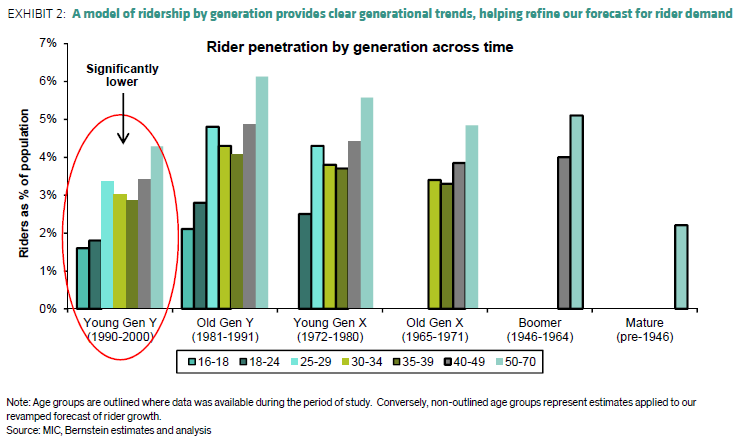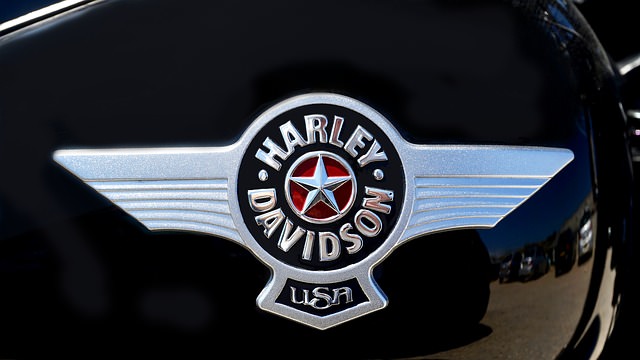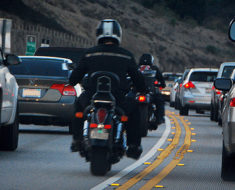On Wednesday, the investment management firm Alliance Bernstein released a note for investors in which they downgrade Harley-Davidson from “outperform” to “market perform”, as CNBC reports.
As it turns out, millennials don’t “live to ride” like their parents and grandparents did and this directly affects motorcycle sales.
The note followed results from a recent survey that predicted no growth in motorcycle sales as millennials start entering Harley-Davidson’s target demographic.
Motorcycle sales at Harley-Davidson were down 1.6% in 2016 compared to the year before and 2017 isn’t looking amazing so far either.
As for U.S. sales, they went down 3.9%. If we consider the fact Harley-Davidson represents around half of the US big-bike market, it’s pretty clear that these generations don’t really care for big bikes.
In 1987, half of all Harley riders were under the age of 35. By 2008, the average Harley rider was 48. Your average Harley rider today is a family man in his mid 50s. Younger generations aren’t really into the whole “breeze in the knees” thing.
“Our data suggests the younger Gen Y population is adopting motorcycling at a far lower rate than prior generations,” AB analyst David Beckel said. “Gen Y’s are aging into the important ‘pre-family’ cohort of riders and Boomers are increasingly handing over their keys to the smaller Gen X population.”

The company expected to ship 264,000-269,000 units. Instead, they shipped 262,221 motorcycles overall.
“I think we have got a very significant psychological scar from this great recession,” Morgan Stanley analyst Kimberly Greenberger told Business Insider. “One in every five households at the time were severely negatively impacted by that event. And, if you think about the children in that house and how the length and depth of that recession really impacted people, I think you have an entire generation with permanently changed spending habits.”
Sources: CNBC; Business Insider







